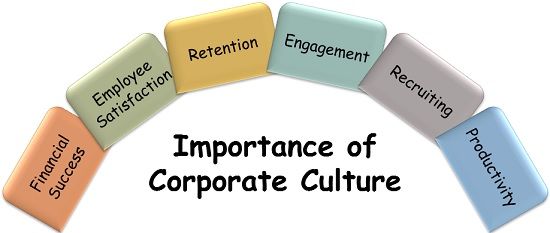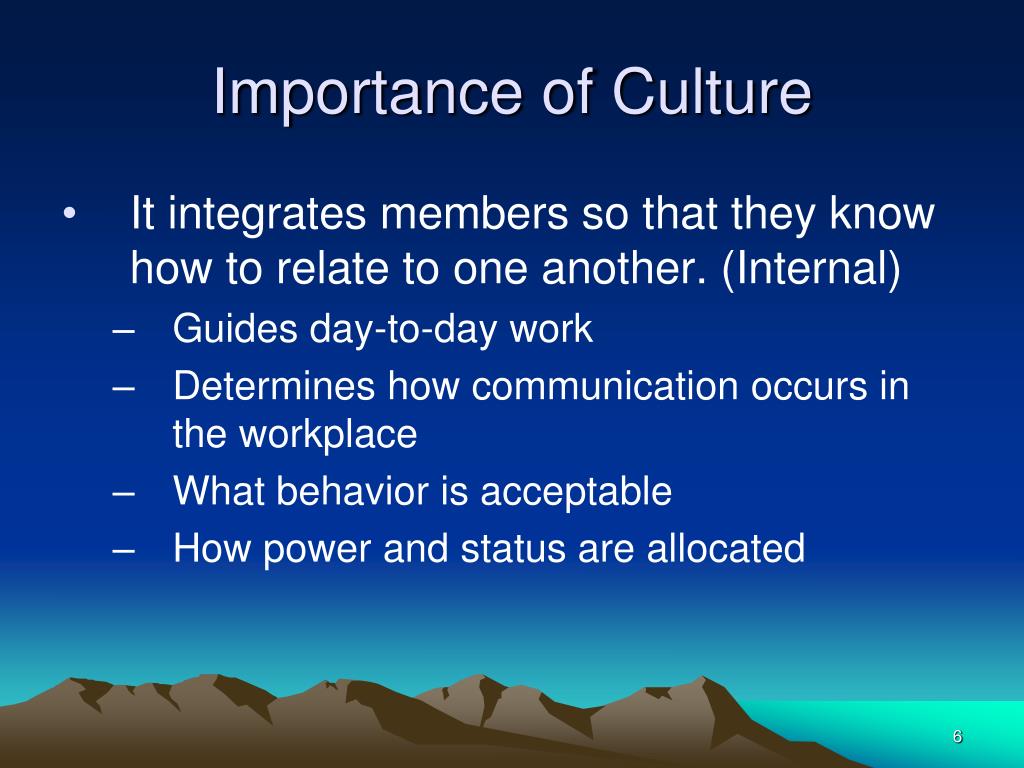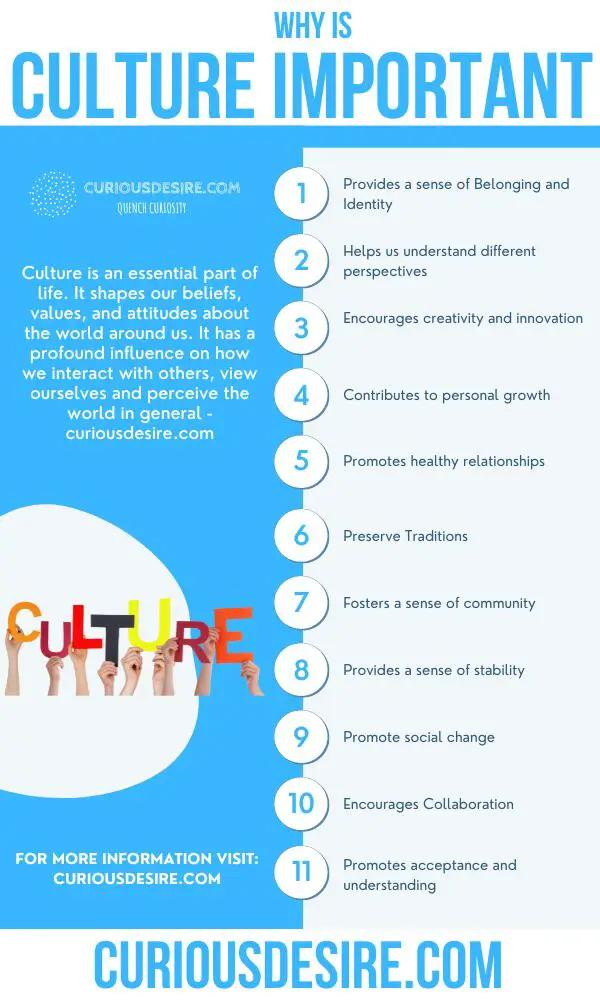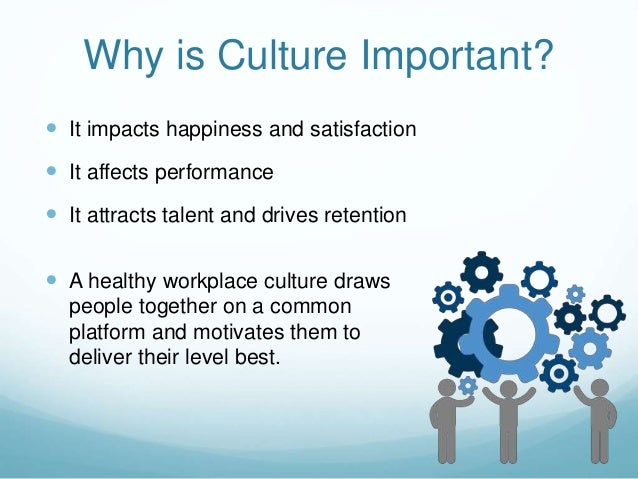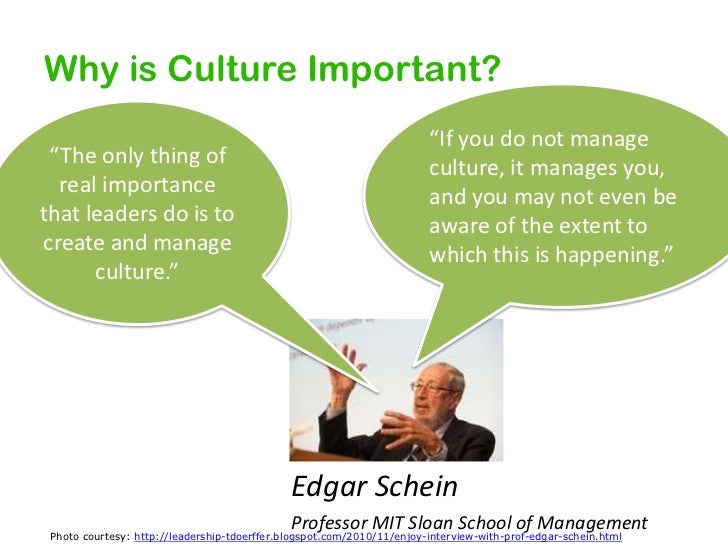Why Is Culture Important In Business

Imagine walking into a vibrant office where laughter echoes, collaboration thrives, and employees are genuinely excited to contribute their best. It's a stark contrast to a sterile, lifeless environment where people clock in and out, driven solely by paychecks. The difference? Culture.
At its core, a strong business culture isn't just a buzzword; it's the very backbone of a successful and thriving organization. It shapes employee behavior, influences decision-making, and ultimately determines the overall performance and reputation of a company.
Understanding the Foundation
Business culture encompasses the shared values, beliefs, attitudes, and practices that characterize an organization. These elements intertwine to create a unique environment that significantly impacts employee engagement, productivity, and even profitability. A positive culture cultivates loyalty, innovation, and a strong sense of belonging.
Conversely, a toxic culture can breed distrust, high turnover rates, and decreased efficiency. Ultimately, the culture of a company acts as its compass, guiding its employees towards shared goals.
The Historical Context
The emphasis on business culture has grown significantly in recent decades. Initially, businesses focused primarily on financial performance and operational efficiency. However, organizations began recognizing the crucial role employees play in achieving sustainable success.
This realization led to a shift in focus, with companies increasingly prioritizing employee well-being, development, and engagement. Concepts like corporate social responsibility and employee value proposition became integral to shaping a positive and attractive workplace.
The Significance of Culture in Today's Business World
In today’s competitive landscape, a strong culture can be a significant differentiator. It helps to attract and retain top talent, enhance employee morale, and foster innovation.
According to a 2023 report by Deloitte, companies with strong cultures are more likely to report higher employee satisfaction and lower turnover rates. This translates to reduced recruitment costs and a more stable workforce.
Boosting Employee Engagement and Productivity
When employees feel valued, respected, and connected to their company's mission, they are more engaged and productive. A positive culture fosters a sense of ownership and pride, encouraging employees to go the extra mile.
This is supported by data from Gallup, which consistently shows a strong correlation between employee engagement and business outcomes. Engaged employees are more likely to be innovative, collaborative, and customer-focused.
Attracting and Retaining Talent
A company's culture is a powerful tool for attracting and retaining talent. In today's job market, candidates are increasingly looking for organizations that align with their values and offer a supportive work environment.
Glassdoor, a leading platform for employer reviews, highlights culture as a key factor job seekers consider. A positive company culture can significantly enhance a company's employer brand and attract high-caliber candidates.
Driving Innovation and Creativity
Innovation thrives in environments where employees feel safe to experiment, take risks, and share ideas. A culture that encourages open communication, collaboration, and constructive feedback can unlock the full potential of its workforce.
Harvard Business Review emphasizes that companies that embrace a culture of innovation are more likely to develop groundbreaking products and services. These organizations also tend to be more agile and adaptable to changing market conditions.
Cultivating a Thriving Culture
Building a strong business culture is an ongoing process that requires consistent effort and commitment from leadership. It involves clearly defining core values, fostering open communication, and creating opportunities for employee growth and development.
Leaders need to lead by example, embodying the values they want to see reflected in the organization. This consistent behavior reinforces the culture and creates a sense of trust and authenticity.
The Future of Business Culture
As the workforce becomes increasingly diverse and technology continues to reshape the workplace, the importance of culture will only continue to grow. Organizations that prioritize building a strong, inclusive, and adaptable culture will be best positioned to thrive in the years to come.
Investing in culture is not just a nice-to-have; it is a strategic imperative. It’s about creating a workplace where people feel valued, inspired, and empowered to contribute their best. Ultimately, a strong culture is the cornerstone of a successful and sustainable business.

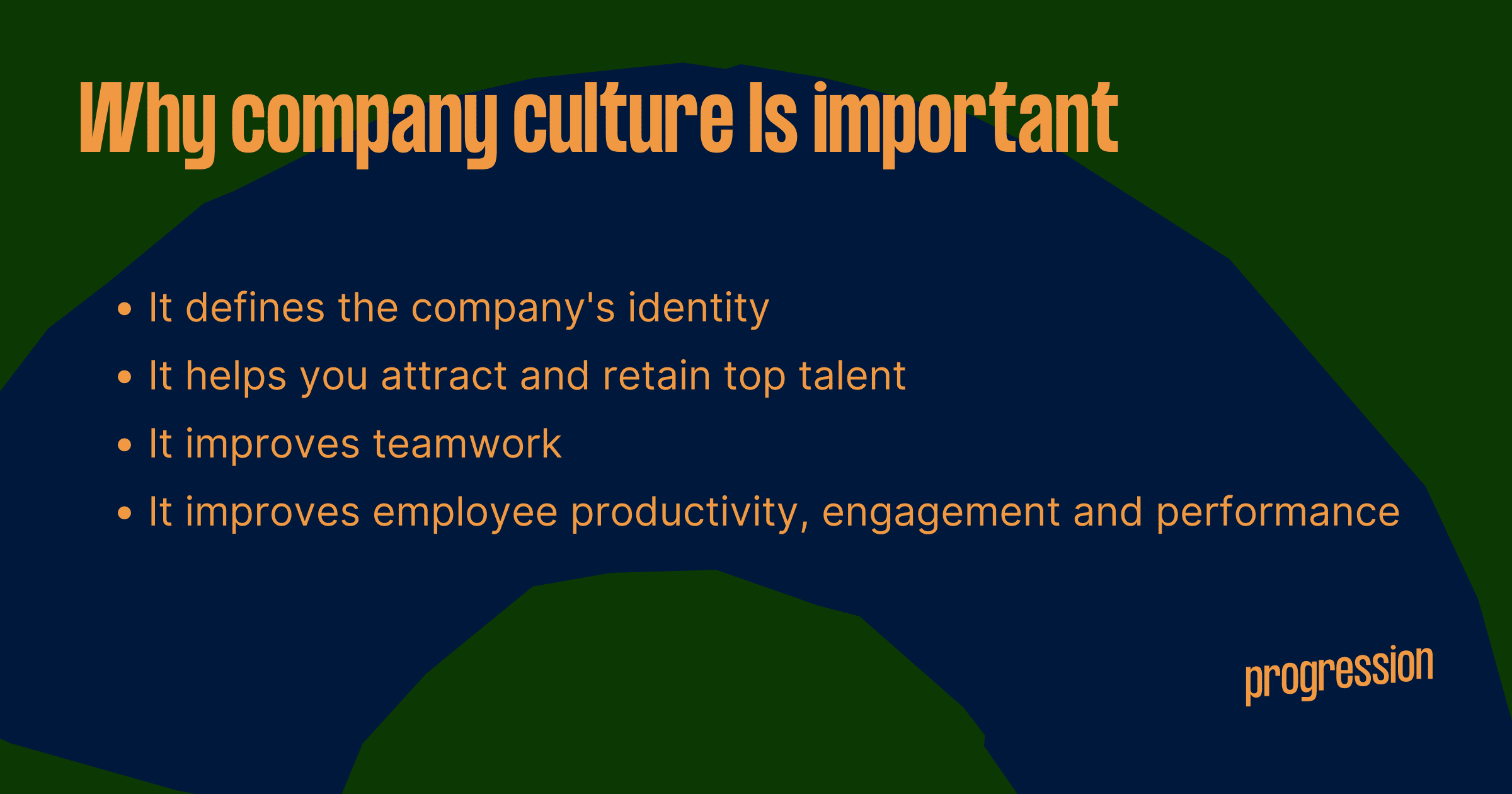



:max_bytes(150000):strip_icc()/CorporateCulture_Final_4198720-5744ada285de4eba81cc976525d00c4d.jpg)

